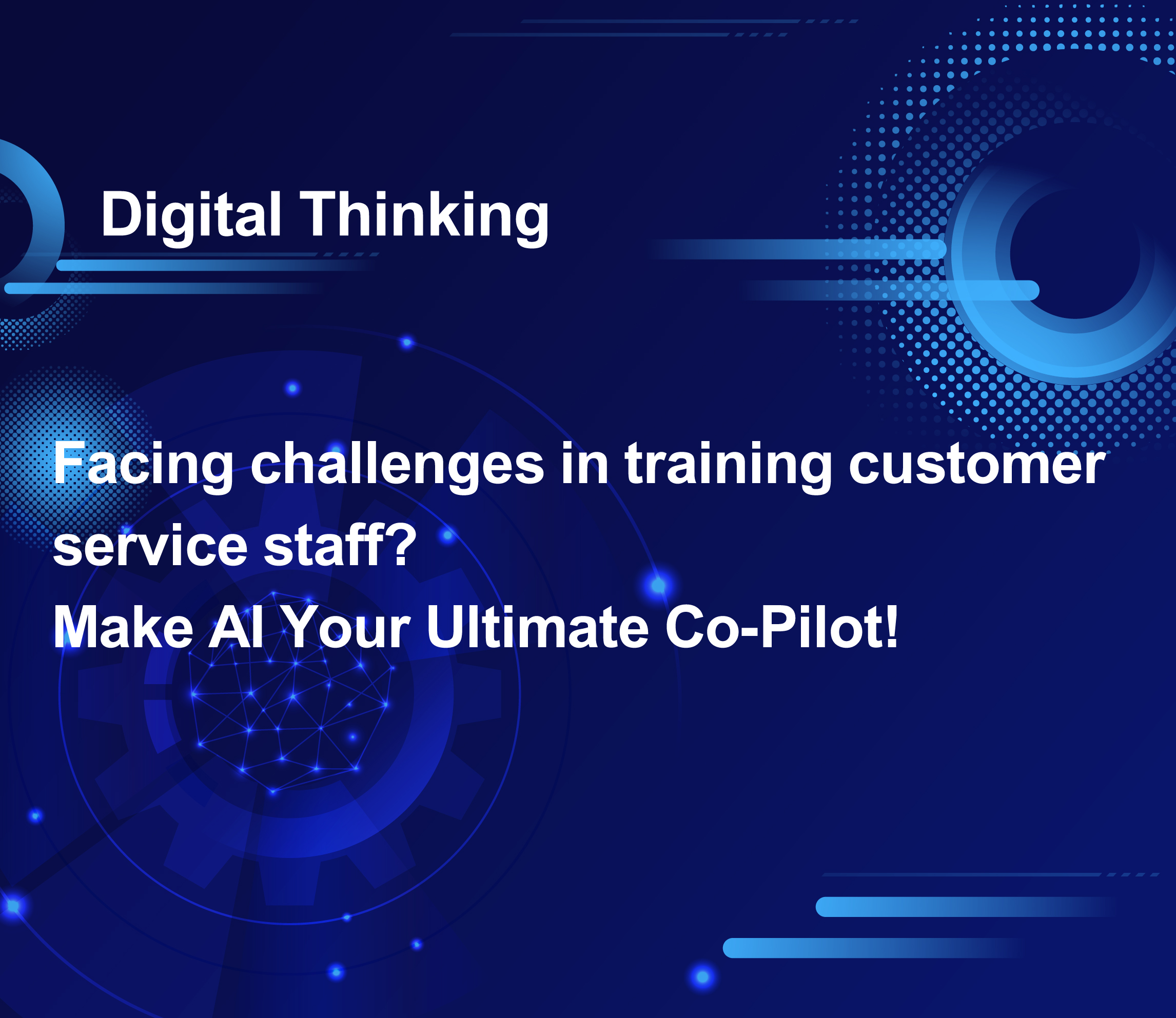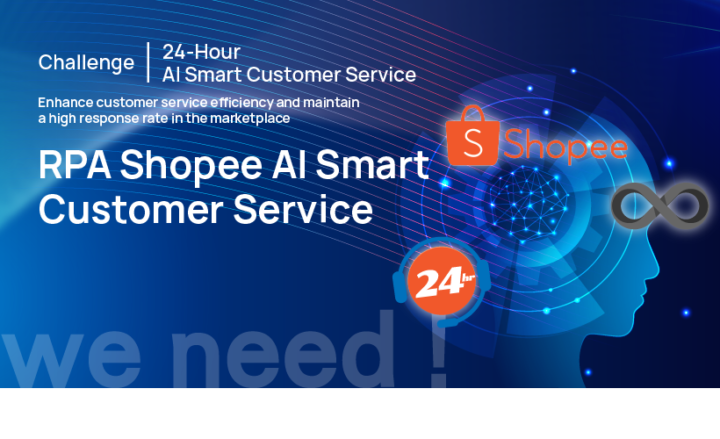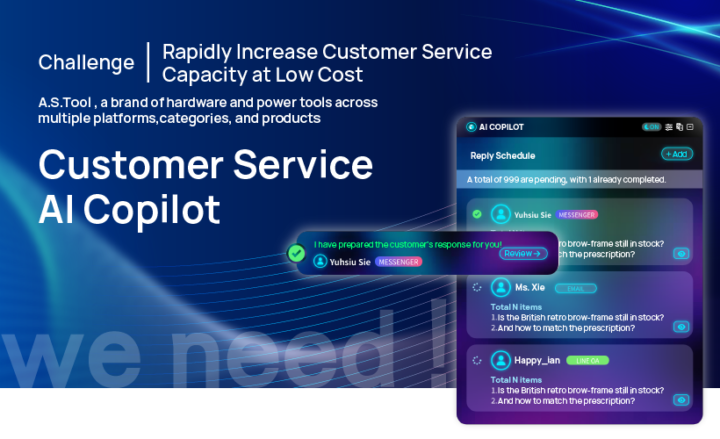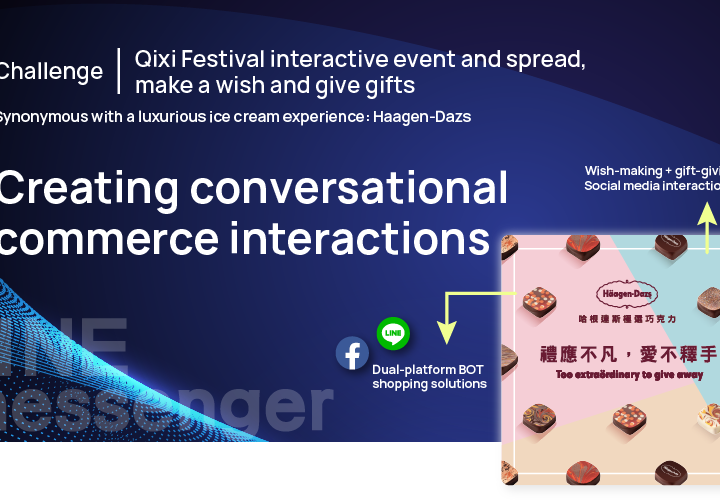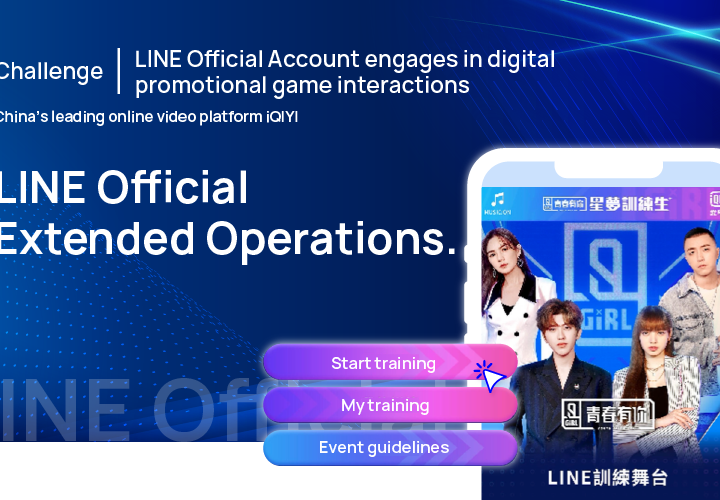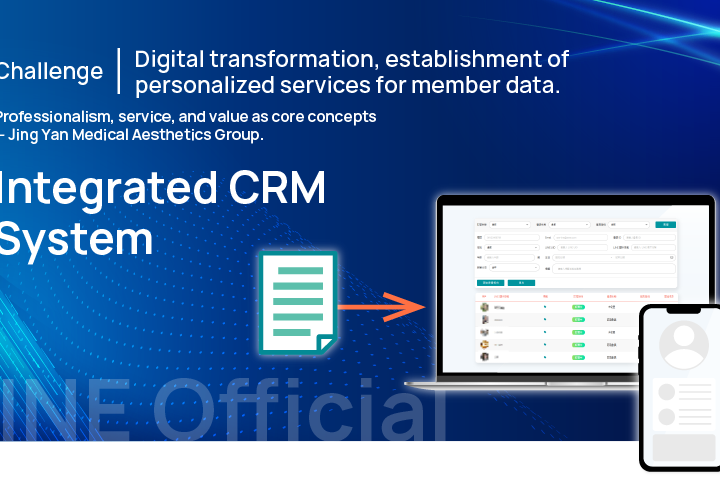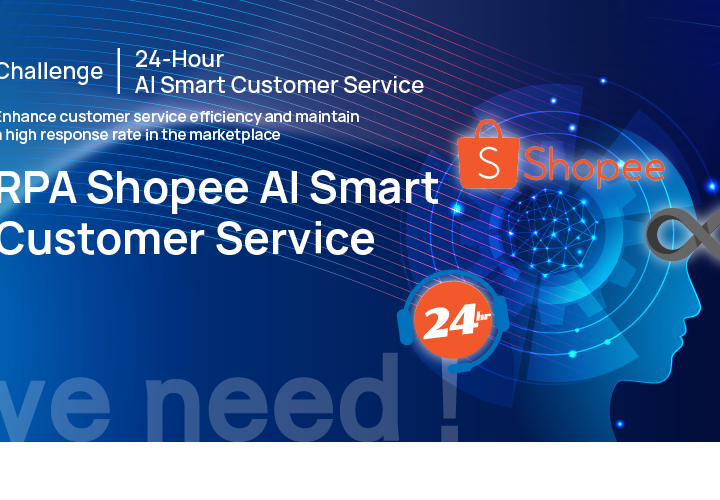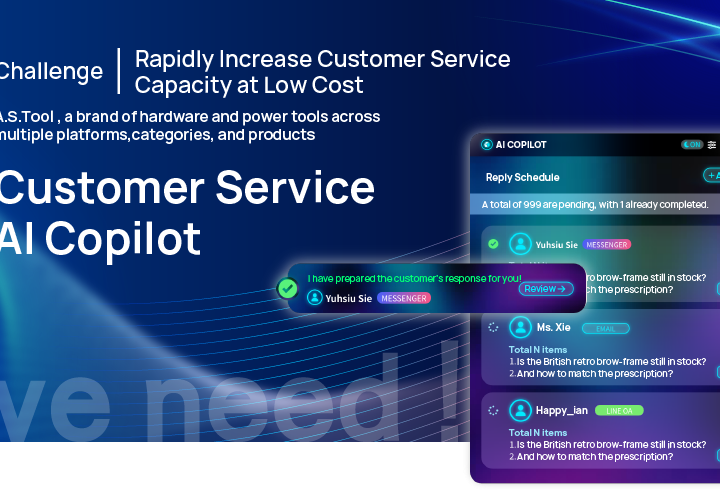【Digital Thinking】Customer Service Training Difficulties: Why Not Consider AI as a Co-Pilot?
In today’s business environment, customer service representatives face increasingly complex challenges, especially in scenarios that require quick responses and efficient problem-solving.
However, many businesses find that training customer service representatives to meet these demands is a highly challenging task. How can efficiency and accuracy be quickly improved when customer service representatives require extensive knowledge?
The Challenges of Customer Service Training
Traditionally, customer service representatives need to undergo lengthy training and learning periods to become proficient in the details of a company’s products and services. This includes understanding technical specifications, handling common issues, and providing accurate solutions.
However, even after rigorous training, customer service representatives may still struggle to quickly respond to all situations due to evolving customer demands and constantly changing market conditions.

It's not about "replacing" but rather "collaborating."
At this point, AI has emerged, and advancements in AI technology have made solutions for customer service training and efficiency improvement more feasible and practical.
Through the capabilities of machine learning and natural language processing, AI can quickly analyze and understand customer issues, providing appropriate response suggestions. This process not only reduces the workload of customer service representatives but also increases the speed and accuracy of problem resolution.
While AI has clear advantages in providing immediate and accurate answers, human interaction and communication remain essential for building trust and relationships between businesses and customers.
Therefore, AI is not meant to replace customer service representatives but to act as an ideal co-pilot. The collaboration between human agents and AI can offer customers more efficient, accurate, and personalized service experiences.

The Ultimate "Co-Pilot" for Customer Service Representatives
AI’s greatest value lies in its ability to engage in continuous learning.
A suitable AI co-pilot will learn the knowledge and service techniques known to each customer service representative, continually optimizing its parallel application and understanding of different knowledge areas and services.
Moreover, when needed, it will readily share its acquired knowledge, providing the most appropriate and timely assistance to customer service representatives.
The advantages of AI in practical applications.
AI can extract and organize vast amounts of knowledge from internal databases within enterprises, providing real-time support and suggestions to customer service personnel, eliminating the need for manual searching or memorization of extensive information.
The AI co-pilot for customer service continuously learns new knowledge and solutions through interactions with customer service personnel. Over time, its suggestions become increasingly accurate and tailored to real-world needs.
The AI co-pilot for customer service can provide real-time responses to basic customer questions when customer service personnel are resting or not on-site, ensuring seamless continuity and maintaining professional standards.

The future of human-machine collaboration
The model of “human-machine collaboration” not only meets customer needs, reduces training costs for businesses, and enhances competitiveness, but also positions companies as “exemplars of future enterprise.”
The application of AI will bring revolutionary changes to the customer service industry, creating a future that is more intelligent and efficient.








